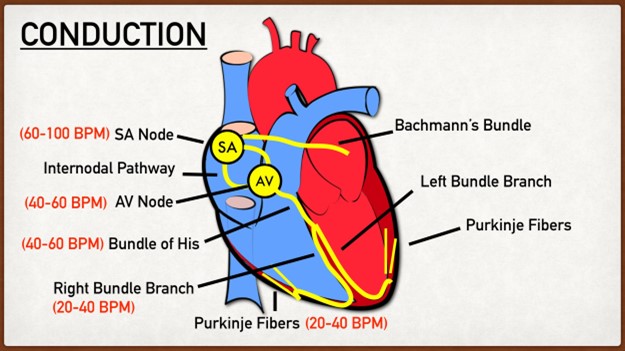What are pathogens?
Phagocytic leukocytes.
A type of antibody.
Disease-causing agents.
Agents that alter DNA base sequences.
The Correct Answer is C
Pathogens are disease-causing agents. They can be bacteria, viruses, fungi, protists, or parasitic worms.
They can infect other organisms and cause various diseases.
Choice A is wrong because phagocytic leukocytes are a type of white blood cell that can engulf and destroy pathogens.
They are part of the immune system and help fight infections.
Choice B is wrong because antibodies are proteins that can bind to specific antigens on the surface of pathogens and mark them for destruction by other immune cells.
They are also part of the immune system and help fight infections.
Choice D is wrong because agents that alter DNA base sequences are not necessarily pathogens.
They can be mutagens, such as chemicals or radiation, that can cause changes in the DNA of cells.
Some mutagens can also be carcinogens, which can cause cancer.
Nursing Test Bank
Naxlex Comprehensive Predictor Exams
Related Questions
Correct Answer is C
Explanation

This sequence ensures that the atria contract before the ventricles and that the ventricles contract from the bottom up.
Choice A is wrong because it reverses the order of the SA node and the AV node. The SA node is the pacemaker of the heart and initiates the cardiac impulses.
Choice B is wrong because it places the Purkinje fibers before the AV node.
The Purkinje fibers are the last part of the conduction system and stimulate the ventricular muscle fibers.
Choice D is wrong because it reverses the order of the entire sequence.
The AV node is not the pacemaker of the heart and does not initiate cardiac impulses.
Correct Answer is B
Explanation
Kidney disease can cause hypertension by activating the renin-angiotensin mechanism.
This mechanism involves the release of renin from the kidneys, which stimulates the production of angiotensin II, a hormone that constricts blood vessels and increases blood pressure.
Choice A is wrong because kidney disease does not directly signal the brain stem to increase blood pressure.
The brain stem regulates blood pressure through the autonomic nervous system, which responds to various stimuli such as stress, pain, or emotions.
Choice C is wrong because kidney disease does not increase the release (excretion) of sodium and water.
On the contrary, kidney disease can impair the ability of the kidneys to filter out excess sodium and water, which can lead to fluid retention and increased blood pressure.
Choice D is wrong because kidney disease does not stimulate the secretion of ANP.
ANP stands for atrial natriuretic peptide, a hormone that is secreted by the heart when it senses high blood pressure.
ANP causes the kidneys to excrete more sodium and water, which lowers blood pressure.
Whether you are a student looking to ace your exams or a practicing nurse seeking to enhance your expertise , our nursing education contents will empower you with the confidence and competence to make a difference in the lives of patients and become a respected leader in the healthcare field.
Visit Naxlex, invest in your future and unlock endless possibilities with our unparalleled nursing education contents today
Report Wrong Answer on the Current Question
Do you disagree with the answer? If yes, what is your expected answer? Explain.
Kindly be descriptive with the issue you are facing.
